Building resiliency with Assistant Commissioner Carlene York, NSW Police

“If you have a psychological injury often you don’t want anyone to know about it. Historically, it has been a male dominated environment where again mainly men don’t want to put their hand up and show up for what they would see as a weakness… A lot of our programs are trying to change that culture…”
Assistant Commissioner Carlene York is the current Commander of Human resources for the NSW Police. With over 30 years of policing experience, York now directs her expertise towards improving the mental health and wellbeing of police officers across the state.
To help address the physical and mental problems officers have been known to experience during the darker, more distressing aspects of the job, York designed “The Workforce Improvement Program.” The program was implemented in 2012, with a $14 million budget funded by the Australian Government. According to York, the program tries to take preventative action in ensuring the wellbeing and resiliency of potential police sufferers.
TR: “Why do you think we are so stigmatized around mental health as opposed to physical?”
CY: “There are probably more people than me who are skilled to answer this but I do think that it is seen as a weakness. A fundamental weakness in their own self. That they are not coping and they should be able to cope or have always been able to cope so why can’t I cope now? And that is why we have gone down this scientific education process about look, some of this is out of your control! You are having cortisol and adrenaline and it is all mixing in at the same time because of the nature of your work… The latest evidence shows that it is better if people can come back to work… Our programs mean that officers can come back to work two hours a week, two hours a day, whatever the doctors say is capable of improving their health and getting them back on track.”
TR: “You’ve got The Workforce Improvement Program implemented. Tell us what that is?”
CY: “The Government was very supportive to give the NSW police force about $14million over four years to improve the health and wellbeing of officers. So I designed a program, that really again, put that influence on the prevention… We have gone from an average of those who have gone through the program from 78 weeks off sick to 14 weeks off sick. I have been able to show one we can save money which is needed if you want to keep the funding going… but the main thing for me is to really have improved the health of the officers.”
TR: “There is a word that I think that is out there, sports people say it, business people say it, politicians say it and it is resilience. But I think it is possibly more applicable to police people than anyone else. How do you define resilience?”
CY: “… So we talk about resilience as being able to bounce back, and it is ok to feel not well, and it is ok to put your hand up for help; but you will get better.”
TR: “It is not about not feeling, it is not about blocking off emotion, you feel the emotion but it is what you do with it that is what resilience is… How do you train people to be resilient?”
CY: “I think education and knowledge is one of the primary aspects. We try also to get into the information being given to families… families will see it before work sees it… we also have a team of trainers, psychologists and police officers travelling around the state to inform officers of what it is like to be a police officer, what you will go through, what the signs are, as a peer… offering help… We start right from the time they are students at the academy and we have embedded it in a whole range of courses where it is relevant now.”



No Comments